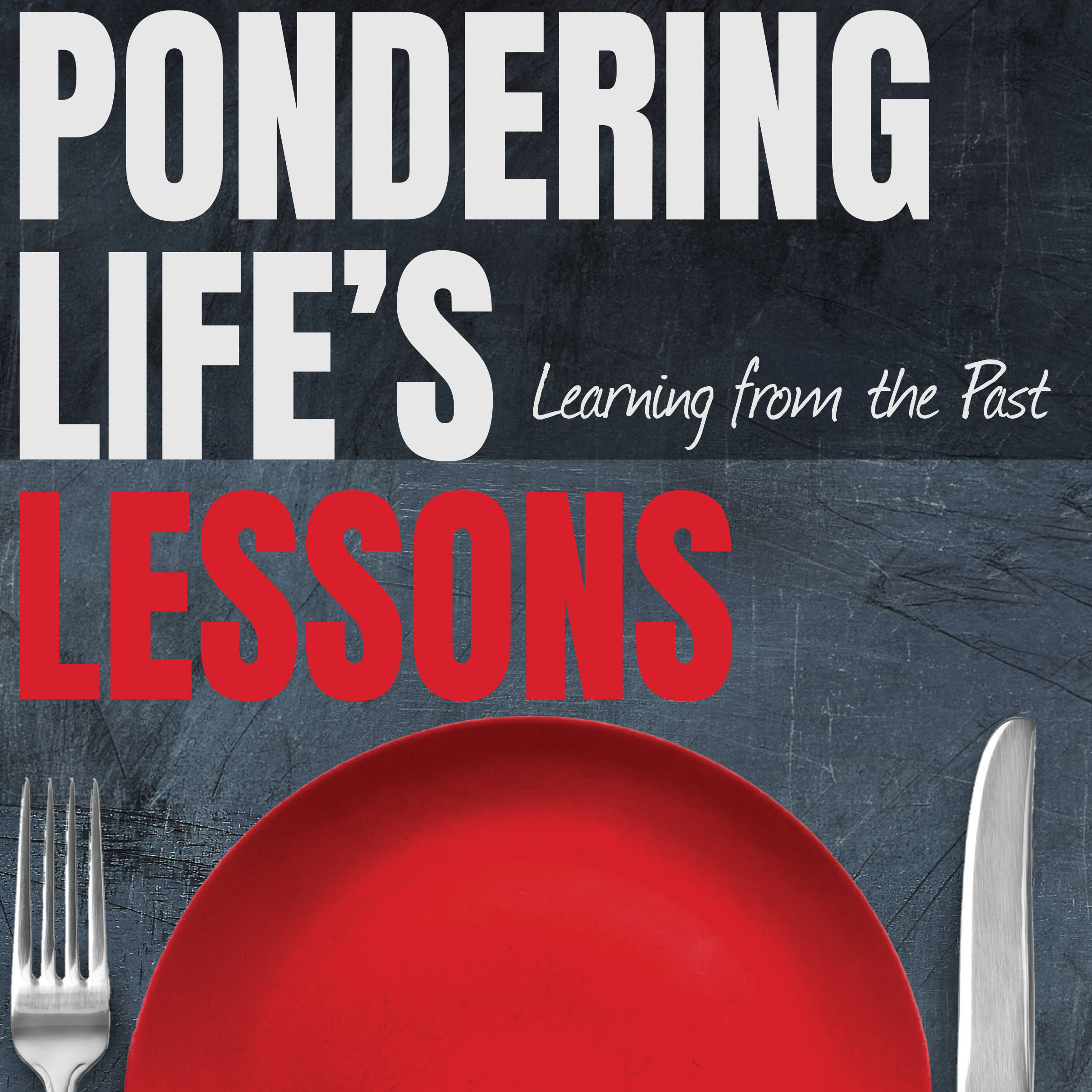
Ruth took Brady and Eva out for lunch last Saturday. They spent their mid-day sharing time and conversation. We’re lucky that our two grandchildren think enough of us to share theirs.
Part of the visit was a discussion of making money. As they drove to lunch the kids pointed out some nice homes and Brady offered up the observation, “They must make a lot of money to have such a beautiful home. They must be lucky.” The conversation continued and the concepts of “being smart”, “getting good grades”, “working hard” and “luck” were all discussed.
The idea that you need to be lucky to make money was one that I’d discussed with my friend, Jim Marvin, on several occasions. We both agreed that luck was always welcome, but that hard work helps a guy get lucky. He believed that the harder you worked, the luckier you got.
I’ve been lining up projects for my consultant work for the past several months. My goal is to assemble teams of high school students, led by an educator, to work with business partners that I identify. Each partner gives us a “driving question’ and the team of students develops a plan for the business. Here’s a sampling of the questions that my students have addressed in the past. I expect this year’s group to be equally successful.
“How can ABC Bank introduce and assist senior customers with technology-driven products?
Students examined the bank’s current practices to promote on-line banking services. They identified obstacles and developed strategies to address the obstacles. They also uncovered additional untapped customers that ABC was neglecting, i.e. college students attending the large number of college and universities within their service area. Once individuals establish a relationship with a financial institution that they trust, they seldom change.
“How can EFG increase lubricant sale to current and potentially new customers?
Students investigated EFG’s current marketing plan for lubricant sales and discovered underutilized sales opportunities. The students developed marketing strategies that could be implemented immediately, examined the company’s growth opportunities, and made suggestions for future marketing, including staffing, to accommodate company growth.
How do we make the cardboard recycling process more efficient and cost effective?
Students developed a series of solutions resulting in potential savings for the company. Annual savings ranged in value from a low of $150,000 to over $600,000. Each solution provided the increased benefit of improving employee safety on the plant floor.
There’s no luck in play as the students work to develop solutions to these challenges. They work together, employ the skills that they’ve learned in life, and put them into action.
As I travel around the area every company is looking for new employees. Some work forces are aging and opting for retirement, some businesses are expanding faster than they can find high quality people, and others struggle with keeping a workforce willing to actually work. All businesses want three things from their employees.
- Drug Free
- Show Up
- Play Nice
The concept of being “drug free” is not a issue of passing judgement regarding the use of drugs. It’s a safety issue. Employees who attempt to work “under the influence” put themselves and their coworkers at risk. “Safety first” should be a concept that everyone can agree to, but it isn’t. Many subscribe and prefer the concept of “me first.”
“Showing up” means just that. Show up for work and be on time. This is a common problem across all industries. Jim always had his watch and clocks set ten minutes fast. He believed that you were late if you were just “on time”. I expect that getting an early jump on things improved his luck.
Perhaps most important of all is to “play nice”. Get along with your fellow employees. Working in teams is just as prevalent today in medicine, manufacturing, and service as it is on the basketball court and baseball field. We accomplish more when we work together. (I probably should send this tale to Lansing and Washington.)
All of the businesses that I work with tell the same story. If they find people who are willing to do these three things, they’ll help them gain the education that they need to be successful.

